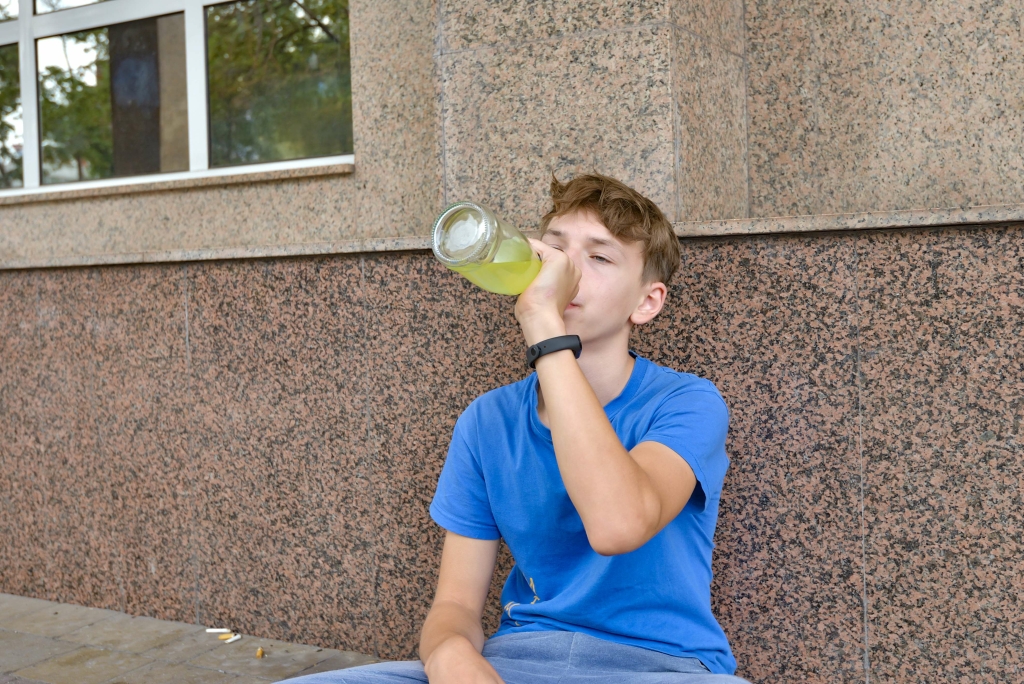Intervention for Alcohol Addiction
Codependency is a well-known disorder that can affect people living with someone who suffers from alcohol use disorder or another addiction. If a person does begin to experience cravings, or if they have a relapse, they don’t have to start all over—their treatment professionals will help them get back on track. The availability of therapy and other resources during continuing care is paramount to long-term success, and the involvement and support of family members and friends are also critical. The detox process is the first stage of treatment for any addiction. Detox is when the person officially stops consuming alcohol and allows all https://kumichealthcare.co.uk/2025/05/08/why-do-i-sweat-after-drinking-alcohol/ of the alcohol to leave their system entirely. The role of an intervention specialist is to act as the neutral third party.
Types of Behavioral Treatments
There are risks that can come with an intervention that can be managed or mitigated with help from a drug intervention program. Drug intervention services can also help you understand and follow the outlined steps for staging an effective formal intervention. Family interventions require the family intervention team to take part in meetings that span a few days, not hours. During a family drug intervention, the family intervention team begins to learn how to change old patterns of behavior, communicate with one another and implement lasting changes. A person with an alcohol use disorder is also likely to experience withdrawal symptoms when they aren’t drinking, and they may have several failed attempts to stop.
How To Know When To Do an Alcoholic Intervention
An intervention is needed when a person shows signs of alcohol use disorder or alcohol addiction, but they have continued to refuse treatment. A person with an alcohol use disorder will continue to drink, despite serious consequences. Serious alcohol addiction cases usually involve scenarios where the person has a long history of alcohol or drug addiction.
- Seeking help for a loved one struggling with alcohol addiction can be overwhelming.
- These challenges require careful planning and emotional resilience from the intervention team to ensure the process remains productive and does not further harm relationships.
- If your loved one doesn’t accept treatment, be prepared to follow through with the changes you presented.
- While interventions may not be easy, they often serve as a turning point for those in need.
Signs of Alcohol Use Disorder
Common types of treatments marijuana addiction for alcohol use disorder include medical detoxification, medicine-assisted treatment, inpatient or outpatient treatment, and therapy. An interventionist will guide you and other friends or family members through every step of the process and plan for every outcome. For more information regarding available rehab treatment options, contact a treatment provider today. If individual agendas or feelings of resentment arise, the intervention will often result in failure. Everyone invited to attend the intervention must have the intention to promote a safe space to explore emotions and motivate the individual to seek treatment.
Mental Health Resources
These signs might be different depending on the type of addiction, but they all point to the possibility of substance use disorder. Adhering to privacy laws and ethical guidelines helps build trust and ensures that the person feels respected, reducing the likelihood of emotional distress during the intervention. This transparency helps avoid any legal complications and encourages the person to make an informed decision about seeking treatment.
Follow us on social media

To become an AIS Board Certified Interventionist Specialist, professionals must show they have a great deal of experience in conjunction with an educational background. In many cases, a drug intervention takes place when someone denies that their drug use is causing problems. The addict may place blame on others rather than accepting the effects of their abuse. Erin is a Nurse Practitioner with 8 years of experience in midwifery and women’s health. She has spent the past 5 years specializing in the treatment of opioid and alcohol use disorders.


Find rehab for yourself or a loved one by speaking with a treatment provider. Traditionally, having at least three options is considered optimal for selection, though making sure to not include too many options is also important to not overwhelm the individual. If they decide on a program, it is best to have them go to treatment as soon as possible to prevent a change of heart or return to alcohol use before entering treatment. This is the time to share that there are different treatment options available, and that everyone in the room would like the individual to pick the option they feel would be best. Get alcoholic intervention professional help from an online addiction and mental health counselor from BetterHelp.
Instead, it focuses on building trust and guiding the individual to a self-realisation of their need for change. This method has been proven effective in encouraging individuals to enter treatment and begin addressing their alcohol-related behaviours. No matter where your loved one is in their journey, it’s important to support them and remind them that recovery is possible.
Responses